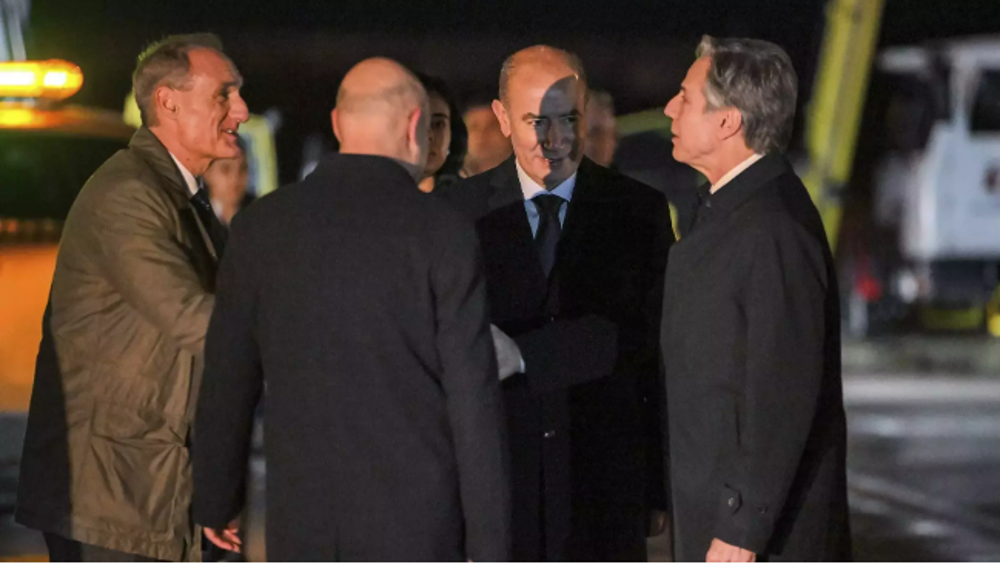US inauguration week begins amid wartime conditions
Ramin Mazaheri
Press TV, Chicago
Inauguration week is normally a time of optimism, conciliation and unity in the United States, but it’s the most tense handover of power in recent memory. 25,000 troops have locked down Washington DC - it’s a force greater than the alleged number of US troops in Iraq and Afghanistan combined.
Widely-expected armed protests at state capitols nationwide ahead of the inauguration have not materialised. The greater number of public protests seem to be to demand that Donald Trump leaves office.
The show of military strength is a deterrent for political protests, but it’s clear that American division is vast and maybe permanent. A new CNN poll shows that at least 35% of the country - a significant and seemingly entrenched minority - still doesn’t believe Joe Biden won the election legitimately.
Dragnets for people suspected of joining the recent Capitol Hill protest, no-fly lists, families informing on each other to security forces, rampant fear of domestic terror attacks - a year of incredible political division is culminating in an inauguration week which few could imagine.
Political tensions have been further inflamed by this month’s rapid 2nd impeachment of Trump, as well as the prospect of a deeply divisive Senate trial of the soon-to-be ex-president during Biden’s very first weeks in office.
The coronavirus is killing Americans faster than ever, the economic catastrophe continues to deepen and more political battles loom - it’s an inauguration week consumed by tragedies and fears. The nation will remain on almost civil war-footing until the inauguration on January 20th, and probably afterwards.
Israel admits assassinating Hamas leader, vows to inflict same fate on Yemeni fighters, people
VIDEO | Yemeni forces repel US-British attack, down F-18 Jet
Iran’s capabilities vast; enemy’s ‘maximum pressure’ policies all failed miserably: Senior official
Iran’s economy grew 2.7% y/y in Sep quarter: CBI
VIDEO | Freelancers in Gaza strive to stay online amid genocide
Mikati demands Israel's withdrawal from south Lebanon
Yemeni army strikes Israeli military sites with drones
‘Clock ticking’: UNRWA slams unjustifiable killing of children in Gaza









 This makes it easy to access the Press TV website
This makes it easy to access the Press TV website